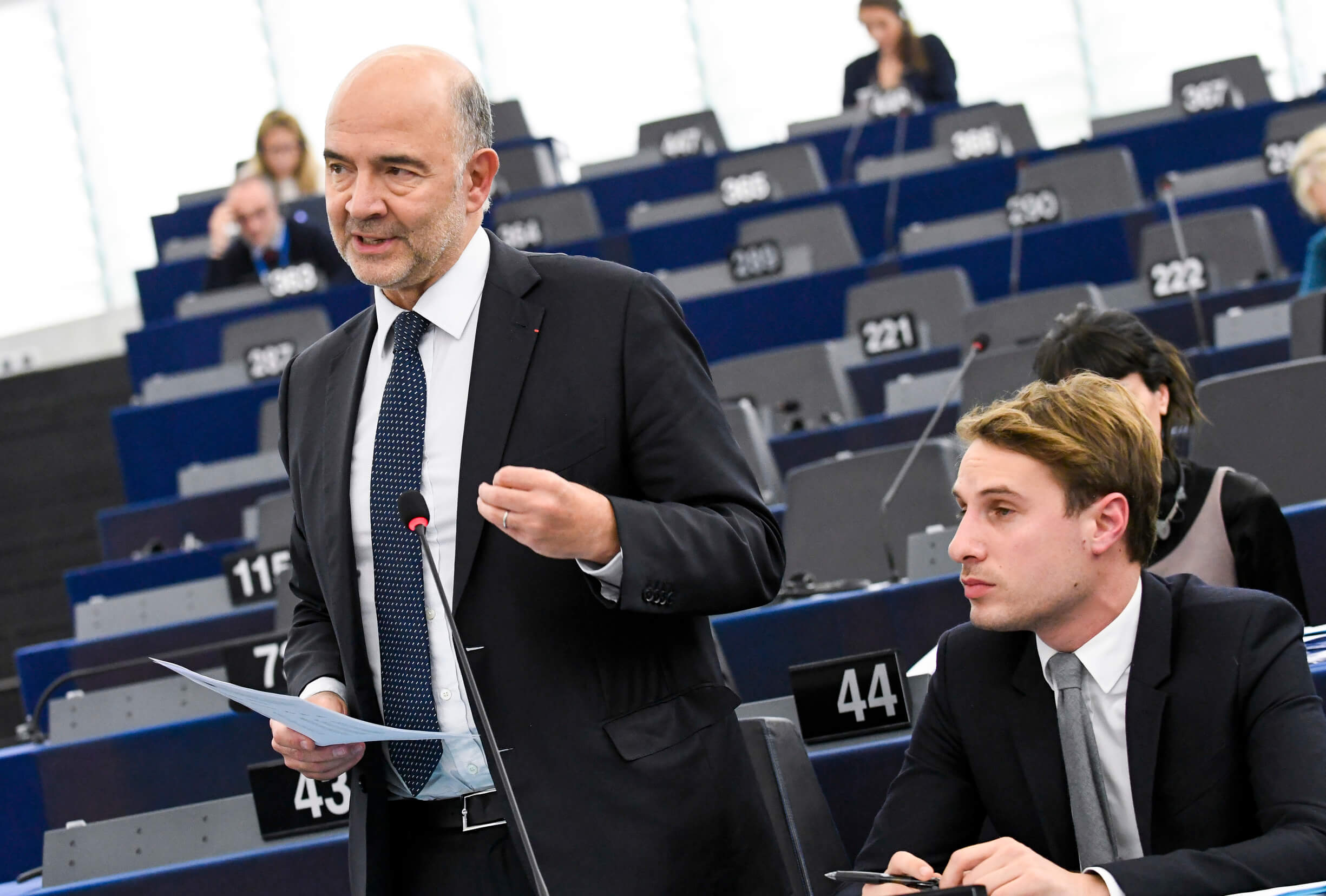EU Banking Authority on Cum-Ex Trades: No coordination between national supervisors
The CumEx Files, an investigation led by CORRECTIV, revealed €55bn in international tax fraud. After publication, the EU Parliament demanded that the European Banking Authority investigate how the so-called dividend arbitrage trades had been possible and what supervisors and regulators had done to prevent them. Now the EBA has released its report and action plan.

It has taken the European Banking Authority (EBA) a year and a half to realise what CORRECTIV and its partners exposed through the CumEx Files investigation: There is no cooperation between national authorities in the EU, which gave criminals leeway to carry out illegal dividend arbitrage trades across the Union for decades.
The EBA published a report Tuesday in response to a request by the EU Parliament after the publication of the CumEx Files. Sven Giegold, financial and economic policy spokesperson of the Greens/EFA group, described the report as “embarrassing”. Giegold said that the banking supervisor “does not respond in the slightest to Parliament’s questions”. Shortly after the CumEx Files came to light in October 2018, the EU Parliament demanded a detailed investigation and a plan to prevent such schemes in the future.
Through the so called cum-ex trades, bankers, lawyers and traders executed dividend arbitrage deals in different tax jurisdictions with the aim of filing multiple tax claims of the same withholding tax. The business model was based on plundering the public treasury. According to CORRECTIV’s investigation, they could have robbed over €55bn since the beginning of the 2000s. The first trial has just finished in Bonn (Germany), where two traders have been granted suspended sentences.
Since May 2019, the EBA has carried out two surveys among the national banking supervisors on the risk the cum-ex trades could pose in terms of money laundering and financing of terrorism, and in connection with the governance of financial institutions.
The findings are devastating: each country has a different understanding of which activities are considered tax crime, which means not every country considers cum-ex trades as a criminal activity, and even in those member states where some kind of criminal investigation was going on, the supervisors did not take action because “they were waiting for the outcome of criminal investigations before considering the impact on their sector”, according to the report. What is more, most of the surveyed supervising bodies did not cooperate with other public authorities in their jurisdiction (such as tax authorities) or in other member states because they thought their country had not been a target of these schemes.
CORRECTIV’s investigation exposed the key role that financial institutions played in facilitating the cum-ex trades. However, according to the EBA’s surveys, most national supervising authorities (namely, each country’s central bank) did not take any action against the banks involved in the dividend arbitrage schemes.
As a result of its analysis, the EBA admits that cooperation and information exchange between public authorities “appear to have been attempted in a minority of cases and only where risks had crystallised”. The institution also recognises that the complexity of EU laws is another hurdle for cooperation: “This may make the exchange of information between competent authorities and tax authorities difficult”, writes the EBA.
After gathering the responses to its survey among national supervisors, the EBA laid out a 10 point action plan to boost the “future” regulation applicable to such schemes, which consists on amending a series of guidelines on the internal governance of banks, the suitability of their managers and anti money laundering supervision. Most of these updates will not be published until the first half of 2021. The EBA also plans a further inquiry “into the actions taken by financial institutions and national authorities within their competencies to supervise compliance with requirements applicable to” cum-ex trades. They have not yet set a date.
In Giegold’s opinion, “the patchwork of national supervisors together with a weak European Banking Authority is dysfunctional”, and called for a complete overhaul of EBA’s decision-making structures.
In response to CORRECTIV’s questions, the EBA wrote that its report “identified a number of issues with regard to the role of national authorities in fighting dividend arbitrage trading schemes”. However, it also admits that “some of these issues are beyond the remit and powers of national supervisory authorities or the EBA”.

